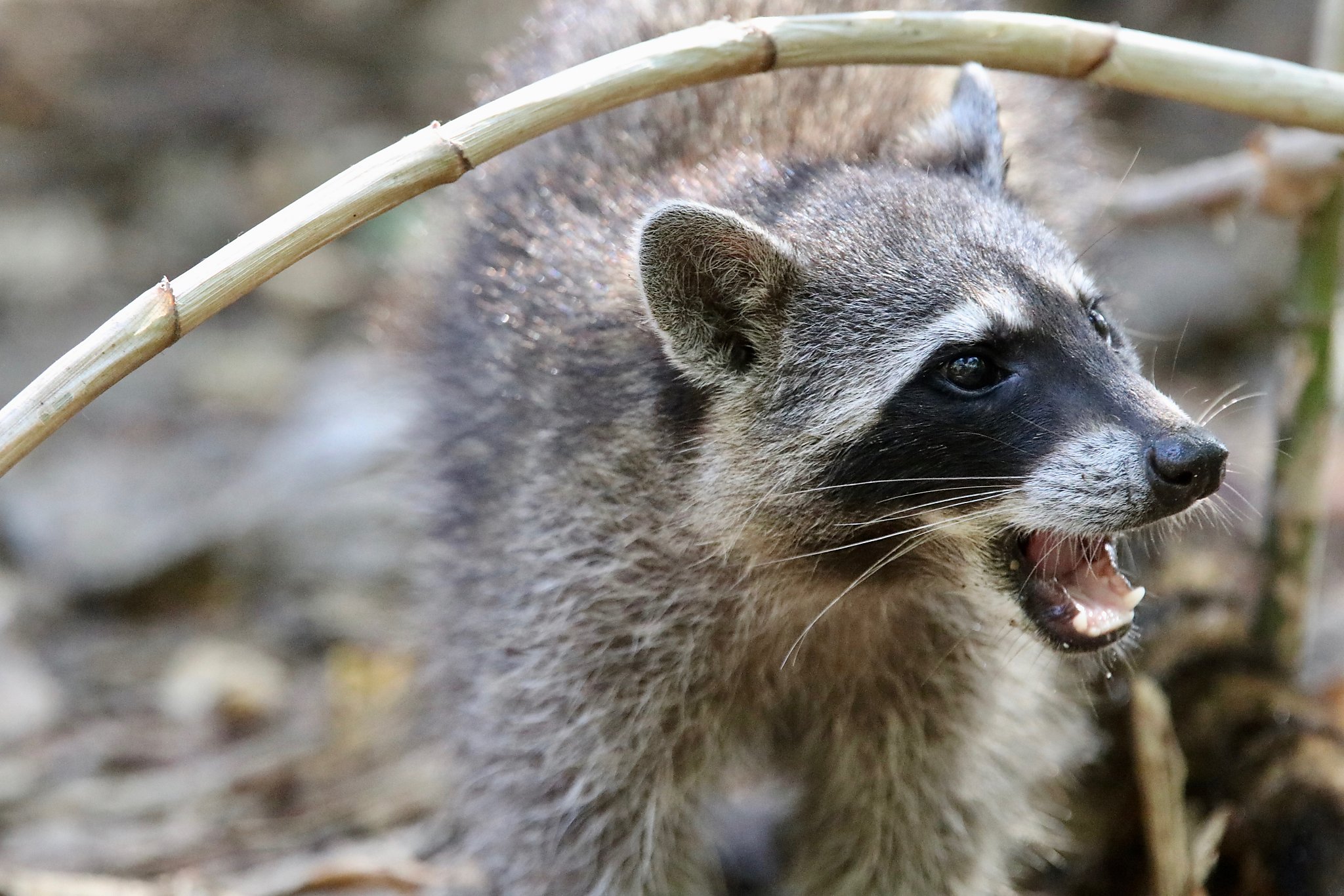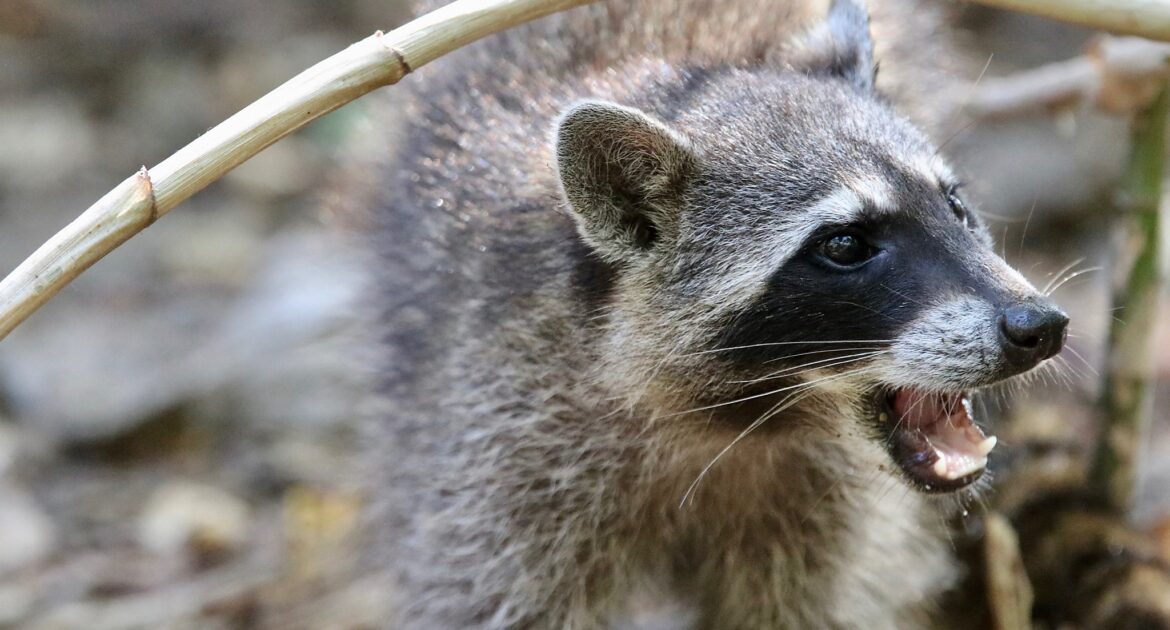In some states, the raccoon is classified as a rabies vector species (RVS), which means it can carry and transmit diseases. Any mammal can do that, but raccoons are at a higher risk. If you’re currently experiencing troubles with raccoons on your Milwaukee property, you are in need of professional and expert raccoon removal. The single most important thing to remember is that dealing with a potentially rabid raccoon is NOT something that you should attempt by yourself. Raccoons can transmit rabies to all other mammals, including humans. Spotting a suspected rabid raccoon means you should steer clear of it and immediately contact a wildlife professional.
How Can I Tell if a Raccoon is Rabid or Not?
Here are five typical signs of a rabid raccoon:
- Appears to look sick- raccoons can contract a variety of diseases, but you should not risk coming into contact with a sick raccoon.
- Foaming at the mouth – One of the most well-known symptoms of rabies. If you spot this, be sure to keep your distance.
- Making strange noises – most raccoons make noises, but a sick raccoon will make uncommon noises.
- Looks confused, disoriented, and slow – a healthy raccoon will look busy as they are very active and intelligent.
- Difficulty walking – Paralysis in the legs is often a symptom of rabies.
What to Do If You Spot an Aggressive Racoon
An aggressive raccoon that doesn’t seem to be afraid of people is not a particularly useful sign that lets you know it has rabies. The raccoon may have been fed by humans, in which case they might harass people to get more food. Rabies or not, it means that seeking out professional raccoon removal services should be your immediate course of action. Steer clear of raccoons and all wildlife and always seek out professional help at the first sign of an infestation.

Are Raccoons Dangerous to Humans?
Do you have the temptation to pet a raccoon? No matter how cute it is, it’s a bad idea. Raccoons that have rabies might be aggressive to people or other animals. But, what is rabies in the first place? It’s a viral disease that affects mammals. The virus spreads from the bite location to the brain in three to eight weeks. The patient doesn’t show any symptoms during this period. Once the virus reaches the brain, it produces inflammation. As a result, the patient soon displays abnormal behavior, aggression, anxiety, and seizures. The disease is nearly always fatal once these symptoms appear.
Contact Skedaddle for All Your Animal Control Needs
Spotting a raccoon on your property or around your home might not warrant concern at first, but it should be cause for alarm. As cute and cuddly as they may seem, raccoons are wild animals and should be treated as such. Refrain from DIY removal methods and instead contact a professional Milwaukee raccoon removal company. If you’re struggling to make a reliable choice, simply go with Skedaddle Humane Wildlife Control. Skedaddle has nearly three decades of experience in dealing with raccoons and many other wildlife species, including rabid ones. Get in touch with Skedaddle today and ensure your family and property are safe from rabid raccoons.






